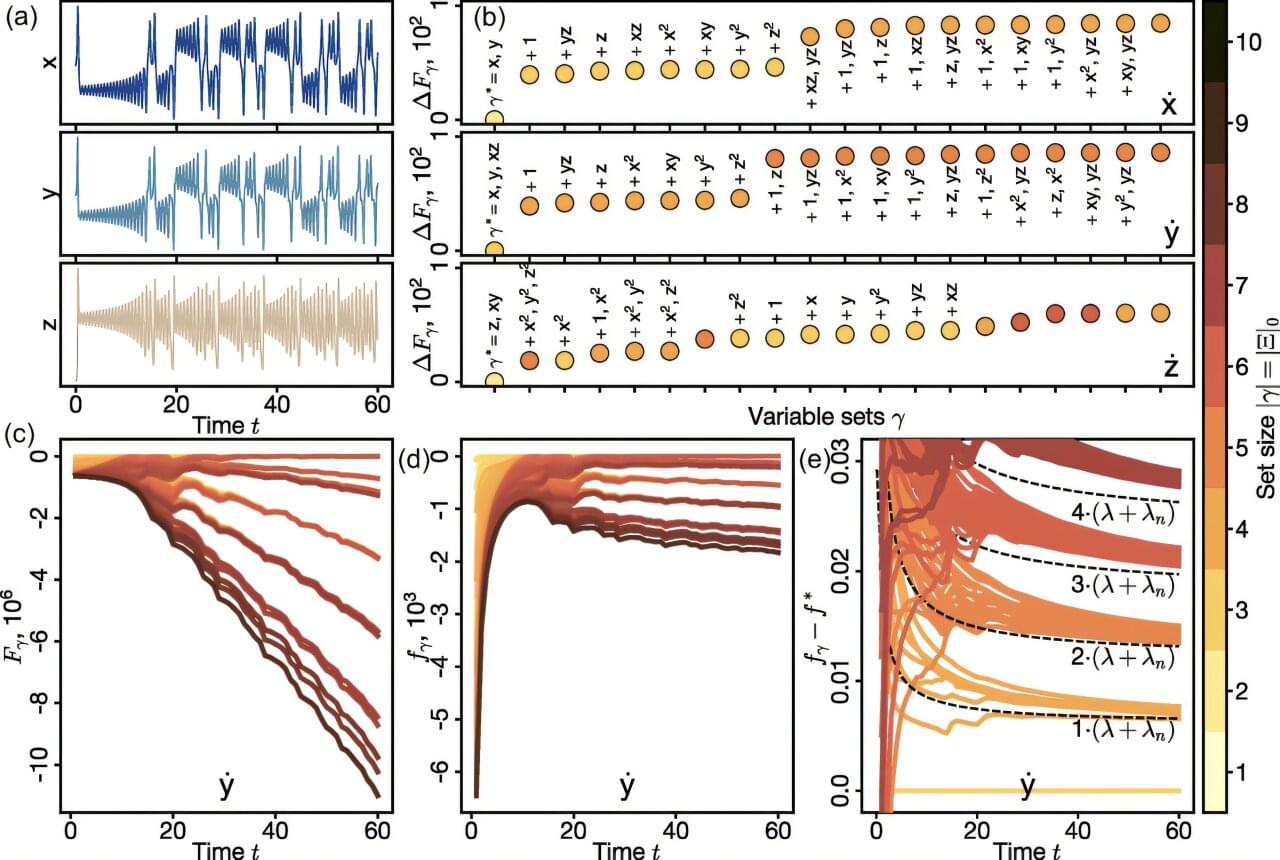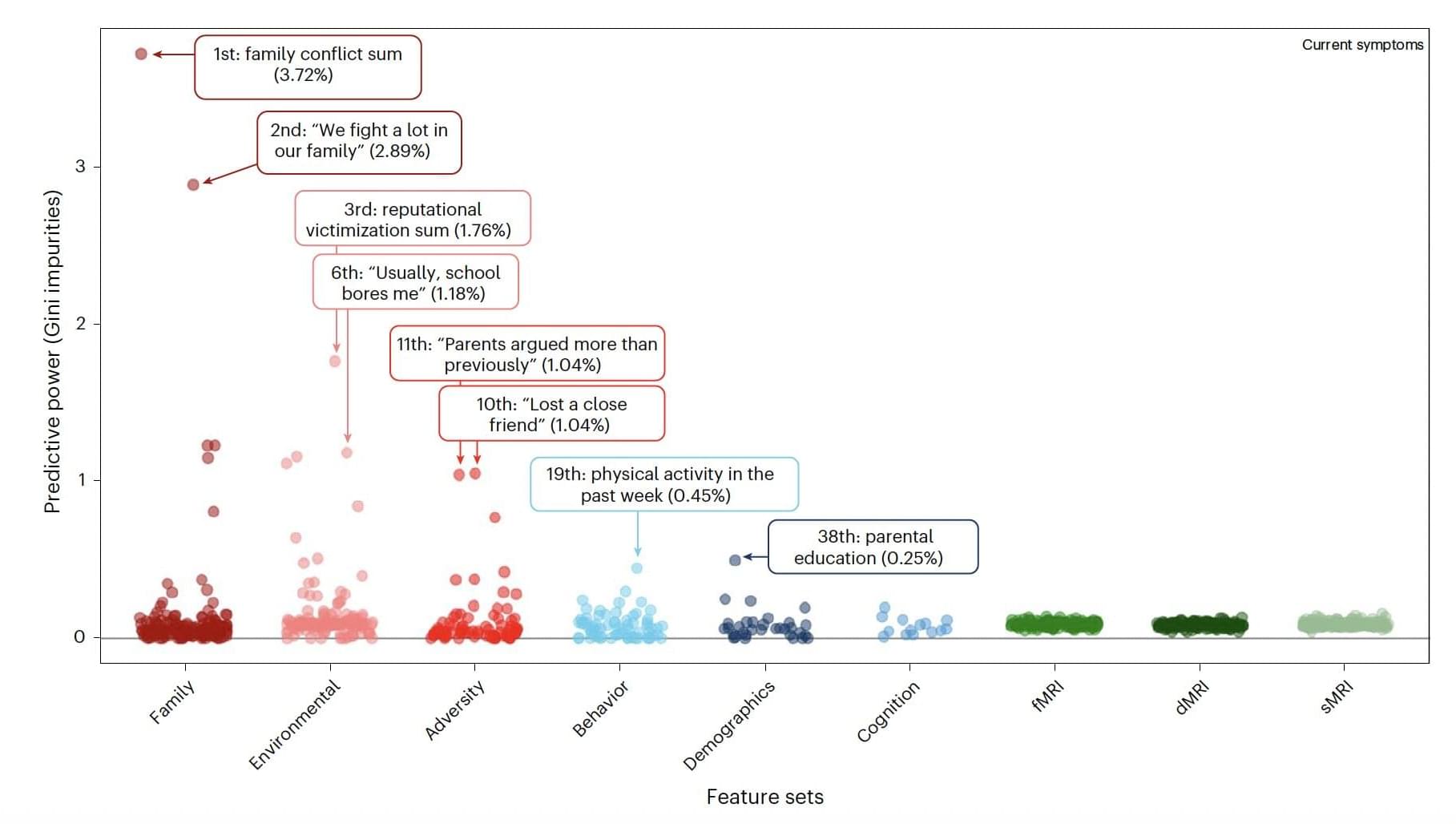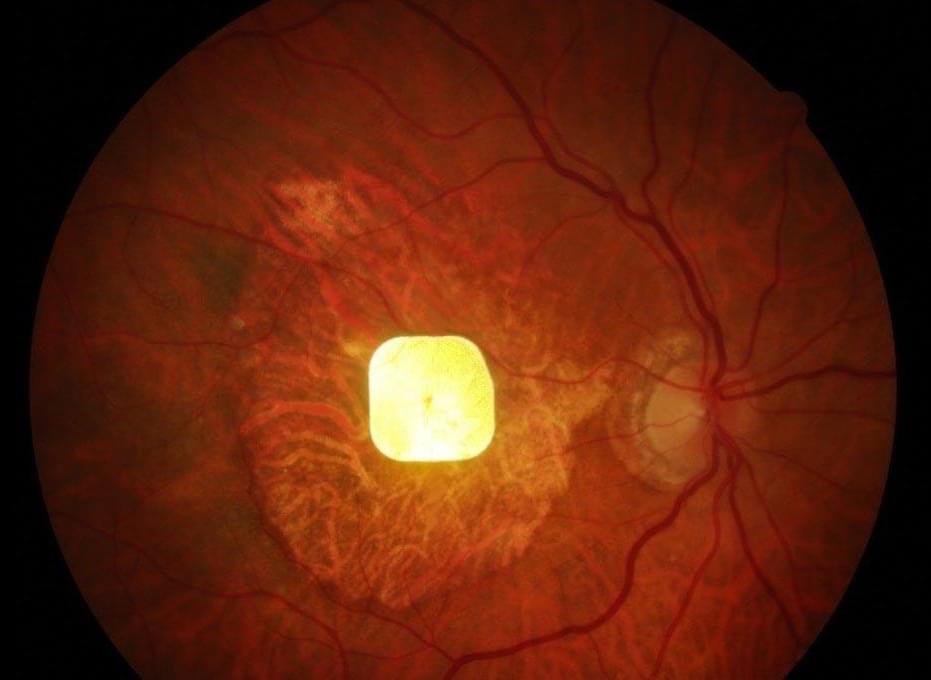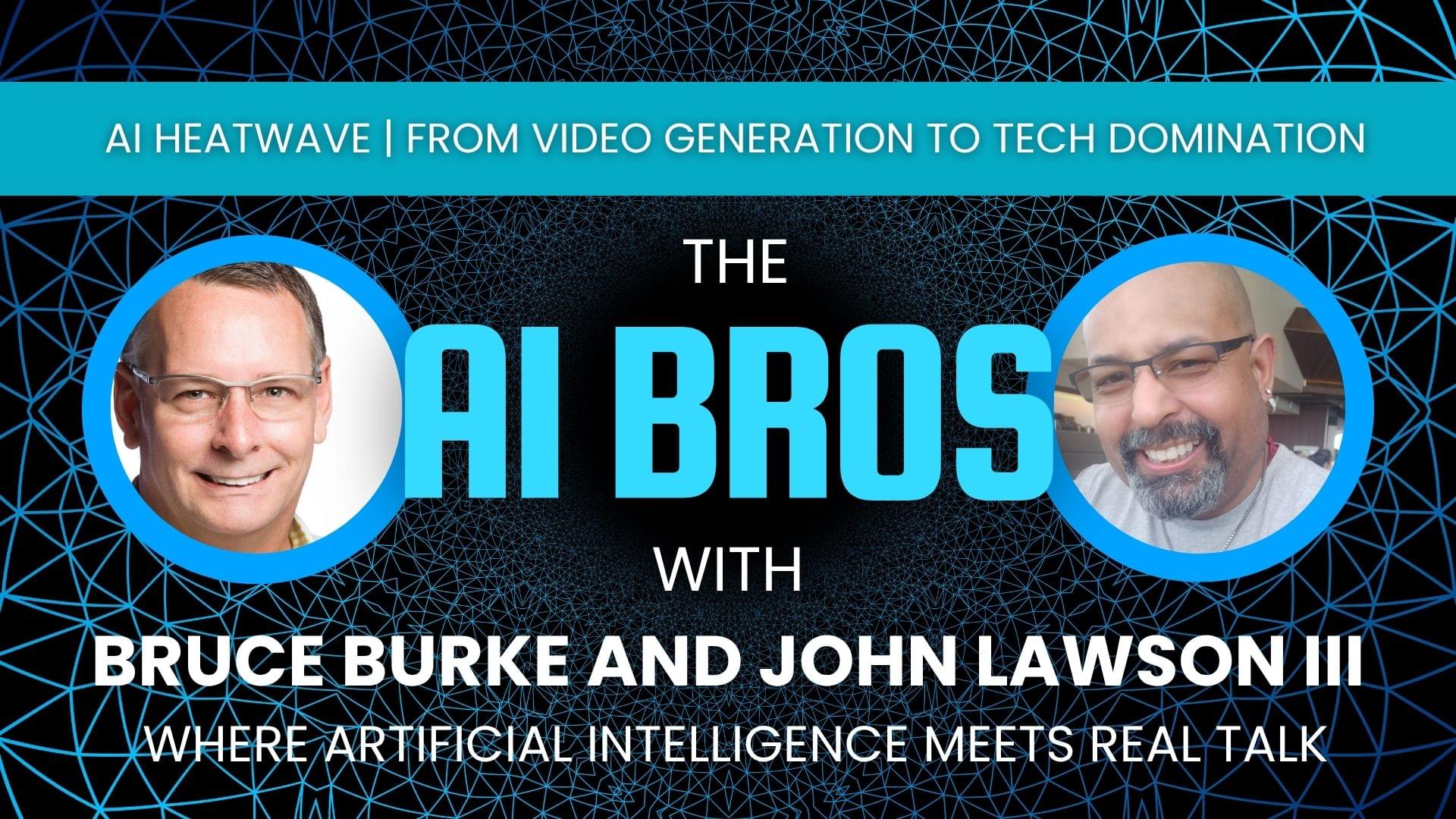Professors Karl Friston & Mark Solms, pioneers in the fields of neuroscience, psychology, and theoretical biology, delve into the frontiers of consciousness: “Can We Engineer Artificial Consciousness?”. From mimicry to qualia, this historic conversation tackles whether artificial consciousness is achievable — and how. Essential viewing/listening for anyone interested in the mind, AI ethics, and the future of sentience. Subscribe to the channel for more profound discussions!
Professor Karl Friston is one of the most highly cited living neuroscientists in history. He is Professor of Neuroscience at University College London and holds Honorary Doctorates from the University of Zurich, University of York and Radboud University. He is the world expert on brain imaging, neuroscience, and theoretical neurobiology, and pioneers the Free-Energy Principle for action and perception, with well-over 300,000 citations. Friston was elected a Fellow of the Academy of Medical Sciences (1999). In 2000 he was President of the international Organization of Human Brain Mapping. He was elected a Fellow of the Royal Society in 2006. He became a Fellow of the Royal Society of Biology in 2012 and was elected as a member of EMBO (excellence in the life sciences) in 2014 and the Academia Europaea in (2015).
Professor Mark Solms is director of Neuropsychology in the Neuroscience Institute of the University of Cape Town and Groote Schuur Hospital (Departments of Psychology and Neurology), an Honorary Lecturer in Neurosurgery at the Royal London Hospital School of Medicine, an Honorary Fellow of the American College of Psychiatrists, and the President of the South African Psychoanalytical Association. He is also Research Chair of the International Psychoanalytical Association (since 2013). He founded the International Neuropsychoanalysis Society in 2000 and he was a Founding Editor (with Ed Nersessian) of the journal Neuropsychoanalysis. He is Director of the Arnold Pfeffer Center for Neuropsychoanalysis at the New York Psychoanalytic Institute. He is also Director of the Neuropsychoanalysis Foundation in New York, a Trustee of the Neuropsychoanalysis Fund in London, and Director of the Neuropsychoanalysis Trust in Cape Town.
TIMESTAMPS:
0:00 — Introduction.
0:45 — Defining Consciousness & Intelligence.
8:20 — Minimizing Free Energy + Maximizing Affective States.
9:07 — Knowing if Something is Conscious.
13:40 — Mimicry & Zombies.
17:13 — Homology in Consciousness Inference.
21:27 — Functional Criteria for Consciousness.
25:10 — Structure vs Function Debate.
29:35 — Mortal Computation & Substrate.
35:33 — Biological Naturalism vs Functionalism.
42:42 — Functional Architectures & Independence.
48:34 — Is Artificial Consciousness Possible?
55:12 — Reportability as Empirical Criterion.
57:28 — Feeling as Empirical Consciousness.
59:40 — Mechanistic Basis of Feeling.
1:06:24 — Constraints that Shape Us.
1:12:24 — Actively Building Artificial Consciousness (Mark’s current project)
1:24:51 — Hedonic Place Preference Test & Ethics.
1:30:51 — Conclusion.
EPISODE LINKS:
- Karl’s Round 1: https://youtu.be/Kb5X8xOWgpc.
- Karl’s Round 2: https://youtu.be/mqzyKs2Qvug.
- Karl’s Lecture 1: https://youtu.be/Gp9Sqvx4H7w.
- Karl’s Lecture 2: https://youtu.be/Sfjw41TBnRM
- Karl’s Lecture 3: https://youtu.be/dM3YINvDZsY
- Mark’s Round 1: https://youtu.be/qqM76ZHIR-o.
- Mark’s Round 2: https://youtu.be/rkbeaxjAZm4
CONNECT:







